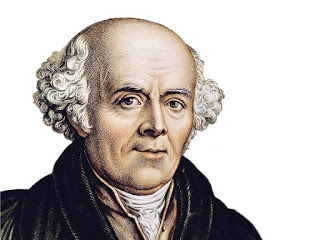Homeopathy

Homeopathy is a scientific therapeutic system based on specific laws and principles. These laws and principles are based on the assumption that man's creation by God is not accidental, that the functioning of the human organism is governed by the eternal and constant principles of the universe.
We would say that our body has an internal physician who is responsible for maintaining its health by itself. Each human body reacts in its own unique way. Classical homeopathic medicine is based on the administration of one remedy each time which has the maximum possible "similarity" with the symptoms of the patient at both physical and psycho-mental level. This is the reason for the detailed patient health history given by the patient at the initial visit.
A FEW WORDS ON THE HISTORY OF HOMEOPATHY

The Law of Similars (similia similibus curantur) has been documented since at least the time of Hippocrates (ca. 400 B.C.), but it is Samuel Hahnemann (1755-1843), a German doctor and chemist, who is credited with founding homeopathy. He discovered the truth of the Law of Similars by testing small doses of medicine on himself.
By 1900, about twenty percent of doctors in the United States were homeopaths, but due to various political and social changes, homeopathy became relatively unknown in the US until recently. There is wider acceptance of homeopathy in such countries as France, Germany, Mexico, Argentina, India and Great Britain. In fact, the family doctor to England's Queen Elizabeth is a homeopathic physician. In fact, the World Health Organization estimate that it is currently practiced by over 500 million people worldwide